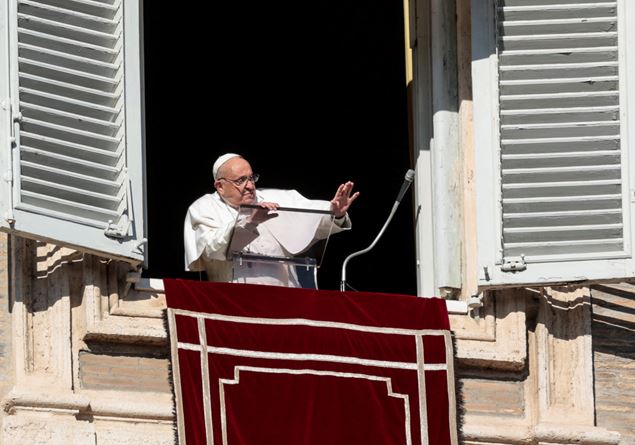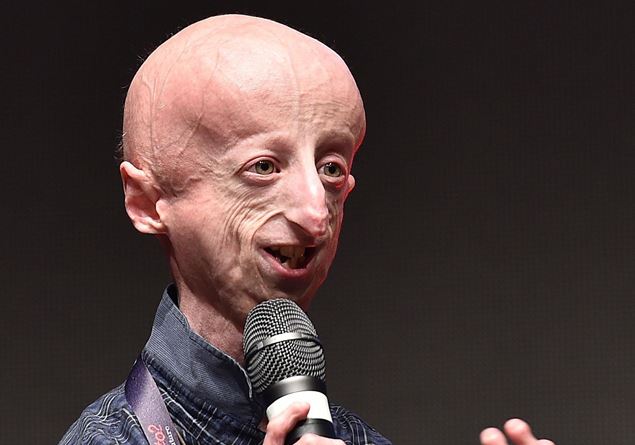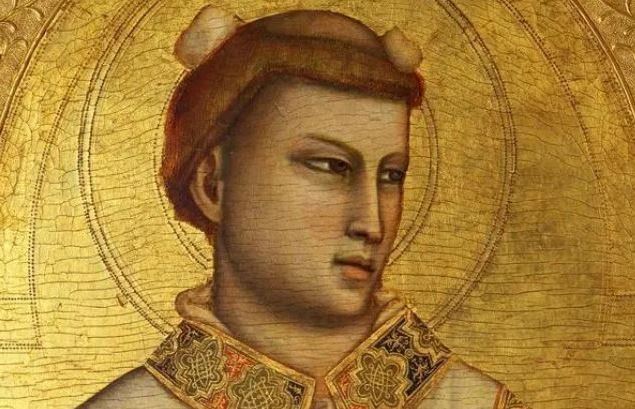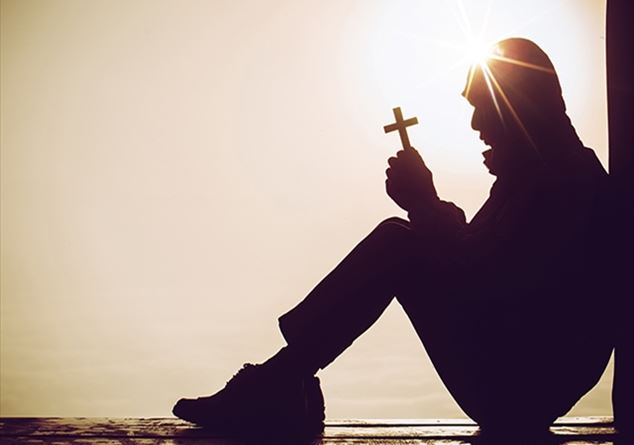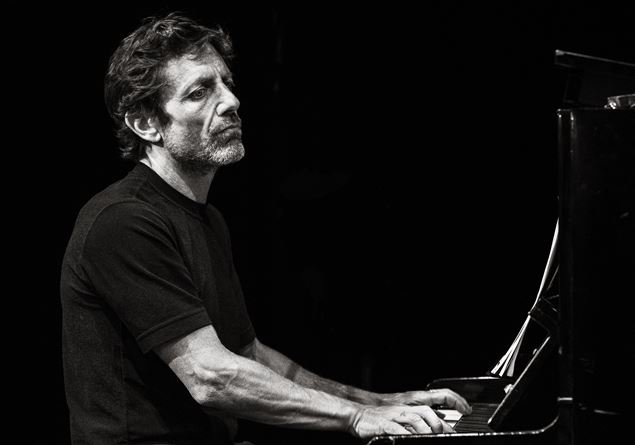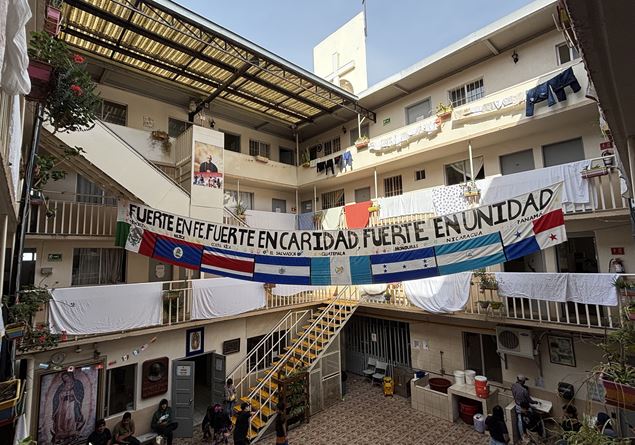
Tijuana: who hasn’t heard at least once the name of this city associated with alcohol, tequila, or perdition? Or hasn’t he come across some image of the wall that divides the United States and Mexico and which originates here directly from the Pacific Ocean. Capital of the federal state of Baja California in Tijuana, along the wall, which covers almost the entire border between Mexico and the United States, until a few years ago, desperation, despair, but also the violence of coyotes, human traffickers, and death, dreams of many migrants.
Women, men and children who, after having faced a thousand vicissitudes crossing mountains, rivers, forests and the desert on foot, or after having defied the danger of organized gangs willing to do anything to make money on the skin of these desperate people, today we are witnessing a reverse path . Nowadays it is no longer “only” migrants in search of the American dream who are welcomed and assisted at the Casa del Migrante.
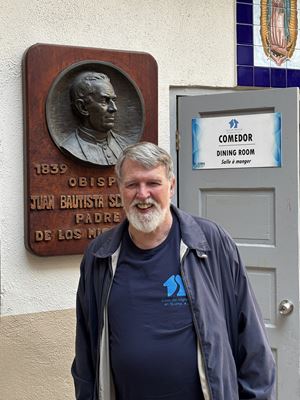
«Over 50% of those who knock on the door of the House run for almost forty years by the Scalabrinian Fathers are deportees.. Many of them have lived in the United States almost all their lives, then a traffic violation or a small accident with the consequent check of documents lead the police to discover their illegal immigration, even if they know nothing about their country of origin because the they left when they were two. Their future is sealed. In many cases, before being sent back beyond the wall that some would like to be even higher, migrants are detained in the famous detention centers and only after a trial, which can last two or more years, are they handed over to the Mexican authorities”, he says the director, father Patrick Murphy, a 72-year-old New York Scalabrinian who now speaks “Spanish better than English,” says with a smile as intense as his blue eyes.
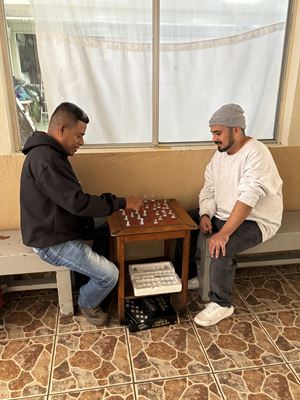
For 12 years he has led the operations of the house with the collaboration of a large group of volunteers, including Alma Ramirez, 25 years old, a former volunteer who now works as a fundraiser and coordinator of the house’s projects: «Continuous work, day and night, also done with the generosity of many people who lend a hand by offering help in the most diverse ways. Today», explains Alma «we host 139 people including families with children and single men who have to work to stay here and we help them on this path. It is a way to be independent, but also to have the opportunity to start a new life if they decide to stop in Tijuana. Here we also help them with a legal desk to prepare documents and proceed with asylum requests.”
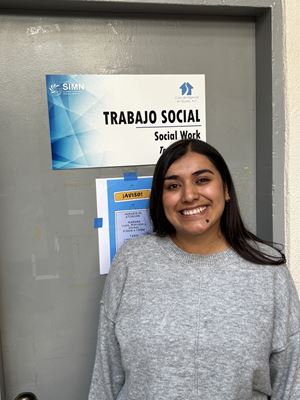
Alma Ramirez
On the ground floor of the structure there is the nursery for younger children, but for older ones the Scalabrinian center helps families enroll them in the city’s public schools to combat school dropout. And just 10 minutes away there is the Scalabrinian training center for migrants which offers job placement courses, but also English courses. Free lessons for migrants and open to the entire Tijuana community and which last up to 2 months. «There are people who don’t know they have the opportunity to study again even as adults and this is how they discover they have talents to cultivate» explains Alma.
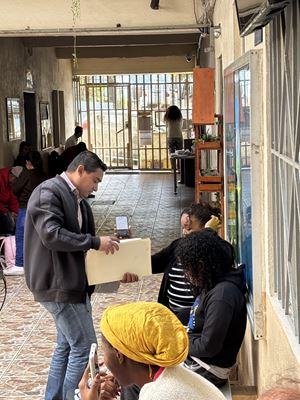
In fact, in the Migrant House, single people can stay for up to 45 days, while families can stay for up to 3 months, but it is evaluated on a case-by-case basis”, comments Father Patrick. Who adds: «These people are treated like labor until they are needed in the United States, and then they become waste, we put their dignity at the center by giving them a roof for free in exchange for respecting the rules of the house and taking care of the common spaces. Not only that, for some years we have also had a medical clinic inside the center where there is a doctor 4 times a week, and a psychologist comes for 6 days, because for those who have lived experiences like theirs, mental health care is also important ».
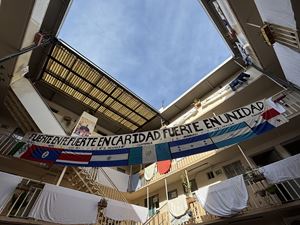
With our work we want to make the Mexican and American authorities understand that civil society and religious realities are on the front line and have had to take note of the fact that this migratory movement is not an emergency but a necessity: for economic improvement , to escape crime or the devastating consequences of the climate crisis in those latitudes. States prefer to use their economic resources to reinforce barriers and build walls for the benefit of border management, transgressing the most basic human rights. THEIn our House, our volunteers and these people we welcome represent the hope that a different way of welcoming migrants exists. And it works”, concludes Father Patrick.
© photo from Tijuana, Baja California, Mexico, by Luca Cereda





